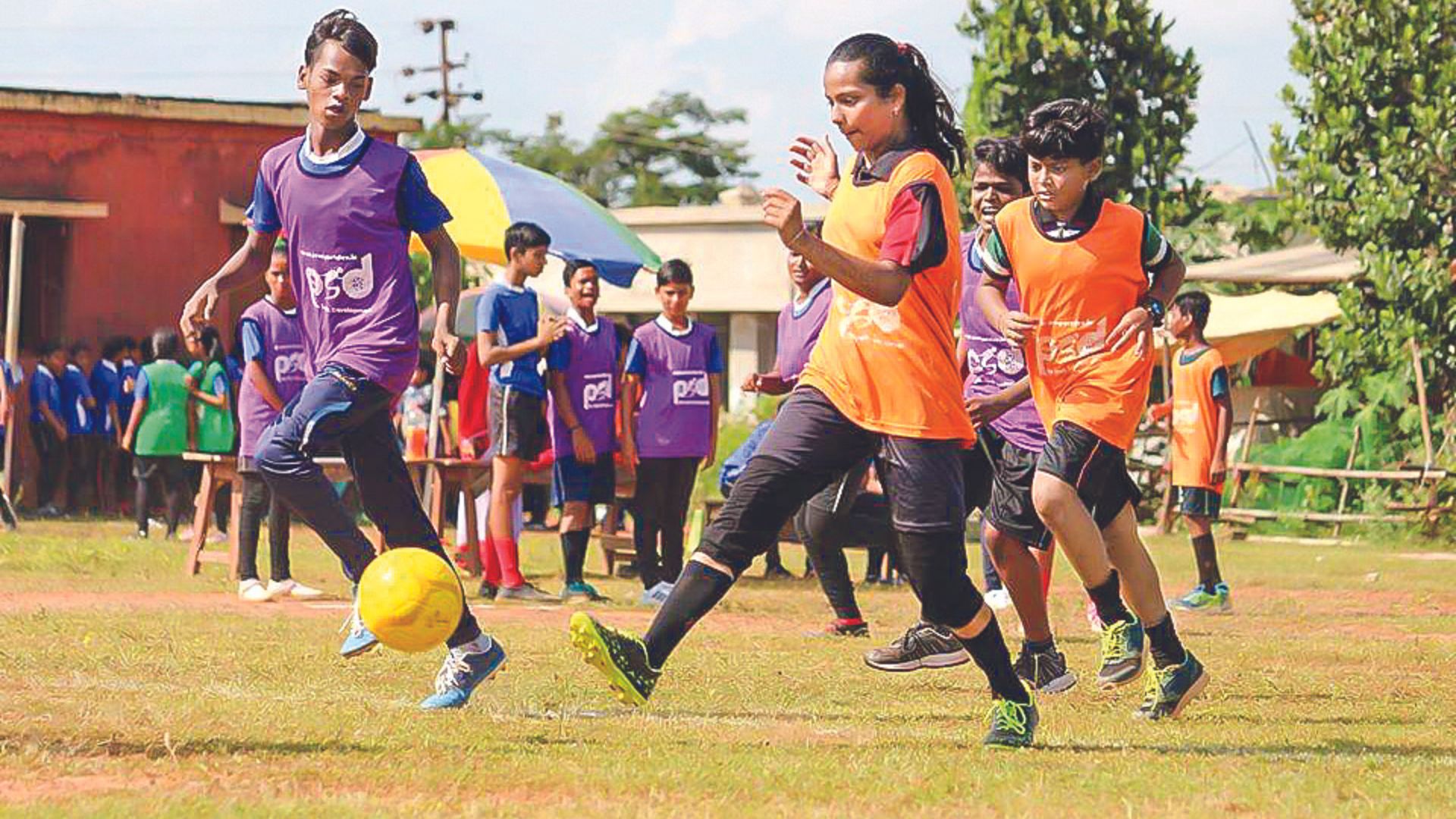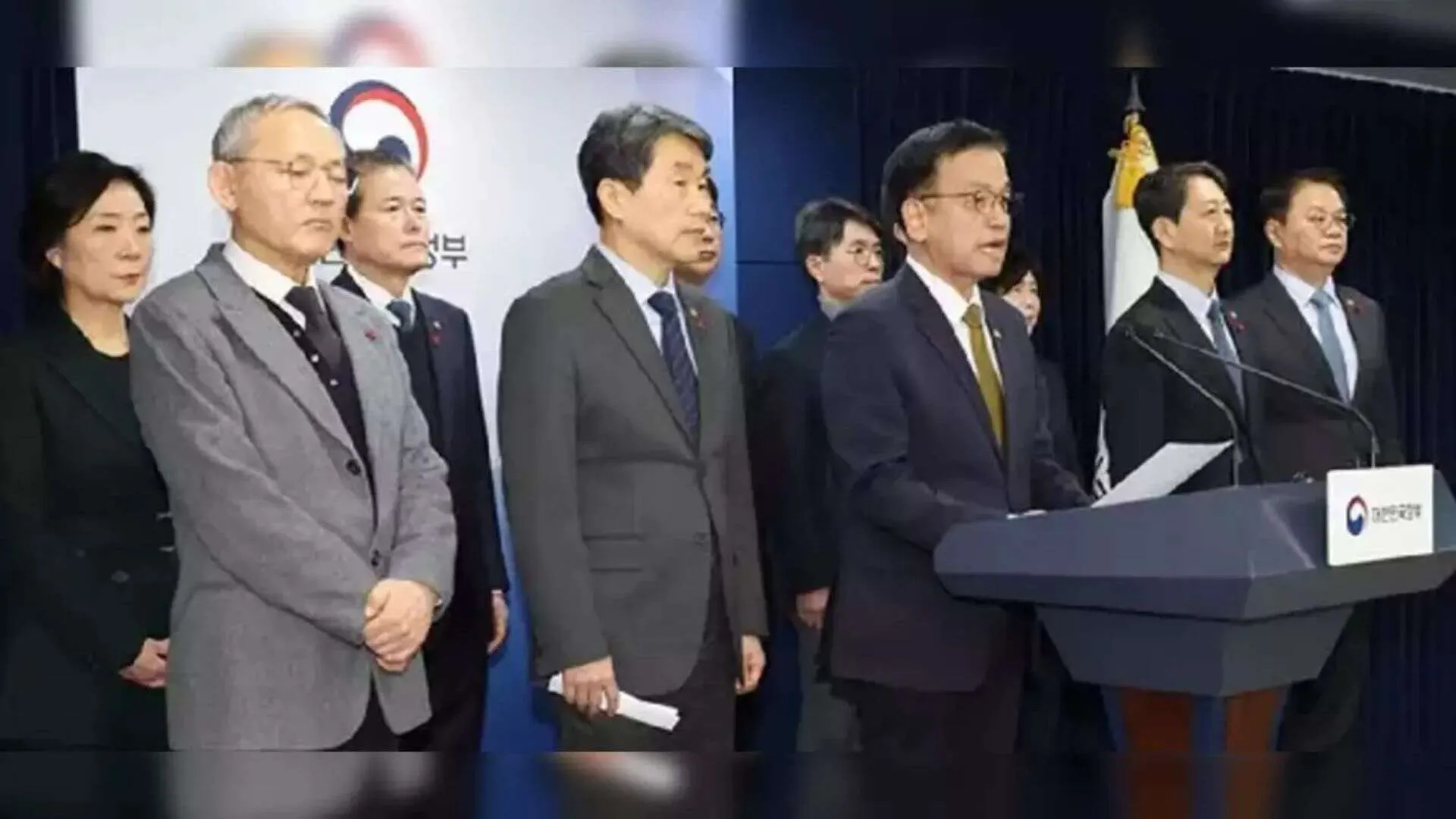In today’s global workforce it is critical to learn how to interact and collaborate with people from various backgrounds, irrespective of gender, ethnic and economic background, or religion. Honing Life Skills and Leadership Skills is therefore a critical component for work and life. An essential part of these skills is learning about diversity and inclusion. To ensure that girls and women have equitable opportunities, gender biases must be eliminated. We need to ensure that both girls and boys see each other defined by their roles and not by their gender. Needless to say, in a world where goals know no gender, dreams take flight!
And, that is exactly the profound impact of mixed gender football league ― creating a nurturing space, fostering a community that encourages young people to pursue their dreams regardless of their gender.
Sport, especially team sport like mixed gender football, helps develop many essential skills that are crucial for success in work and life. For example, one learns to communicate and collaborate effectively, think on one’s feet and make quick decisions, and build the grit and resilience to never give up. The aim is to empower girls while at the same time, change boys’ perspectives and views. It is also a visually powerful way to demonstrate what equality and diversity means. In society, there is a belief that boys (and males) should engage in sports while girls should not. This difference is wider amongst socially and economically disadvantaged families and becomes more acute as children grow and gender stereotypes play into their behaviours and mindsets. The mixed gender league allows us to involve parents who then change their views about what their sons and daughters are capable of. Sports in general is a big equalizer since it allows one to discard these biases.
An essential component of intervention is the engagement of all the people involved in the child’s development – schoolteachers, parents/caregivers, and community members. This ensures that the child gets all the support needed to develop leadership skills. More importantly, it builds the necessary buy-in for the societal changes from all the stakeholders. When a parent can say, “My daughter plays football, and I saw her play a match. I am proud of how good she is,” it becomes the starting point of change in societal norms.
When girls see themselves represented and celebrated in the world of football, it sends a powerful message about their worth and potential. It inspires future generations of girls to pursue their passions.
The mixed gender league format leverages behavioural sciences, backed by a curated curriculum and pedagogical practices that allow students to practice together, work on a strategy and a mindset that focuses on player positions and roles so that they can win by working together as a team.
In my numerous interactions with coaches, teachers, parents and students from underserved schools; we have seen positive changes across various demographics. Children can articulate their aspirations and set goals and work towards achieving them. Parents see changes in children’s discipline and routine. Teachers report improved attendance at school, and class participation. Enrolment rates in these rural schools have shown an upward trend.
More importantly, parents and community members have become more supportive of children’s future goals and aspirations. For example, parents and elders in rural areas have expressed that after seeing their daughters on the football field, they have realized their potential and want to encourage them to pursue their education and a career.
By showcasing the talents of both boys and girls on the same stage, these leagues send a powerful message about the importance of equal opportunity and representation. Despite the progress made by mixed-gender leagues, there are still barriers and inequalities that must be addressed. From disparities in funding and resources to entrenched attitudes and biases, there is much work to be done to ensure that all girls have equal opportunities to participate and excel; not just in sports, but in life.
This article has been written by Ravi Sonnad, CEO,
Enabling Leadership.

















